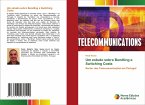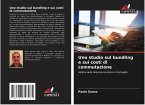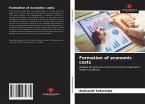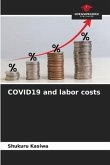The aim of this dissertation is to understand how bundling and switching costs work in the telecommunications sector in Portugal. The impact of bundling on consumers is huge, allowing price discrimination between consumers and creating switching costs, which in turn works as a form of retention. This thesis will analyze the Bundling market for telecommunication services, where we will look at the share of subscribers and companies' revenues, the penetration of bundled services in Portuguese households, and the prices that each operator offers. In this part, we combine economic literature and analysis, allowing for a discussion of what really are the effects of bundling in the Portuguese telecom market. Later on, switching costs will have a great attention in this dissertation. It is a well studied topic with many authors working on it, and firms take advantage of switching costs to discriminate prices and lock-in consumers, such as Bundling. There are several reasons behind the desire to switch, but companies create artificial costs that prevent consumers from switching.
Bitte wählen Sie Ihr Anliegen aus.
Rechnungen
Retourenschein anfordern
Bestellstatus
Storno








